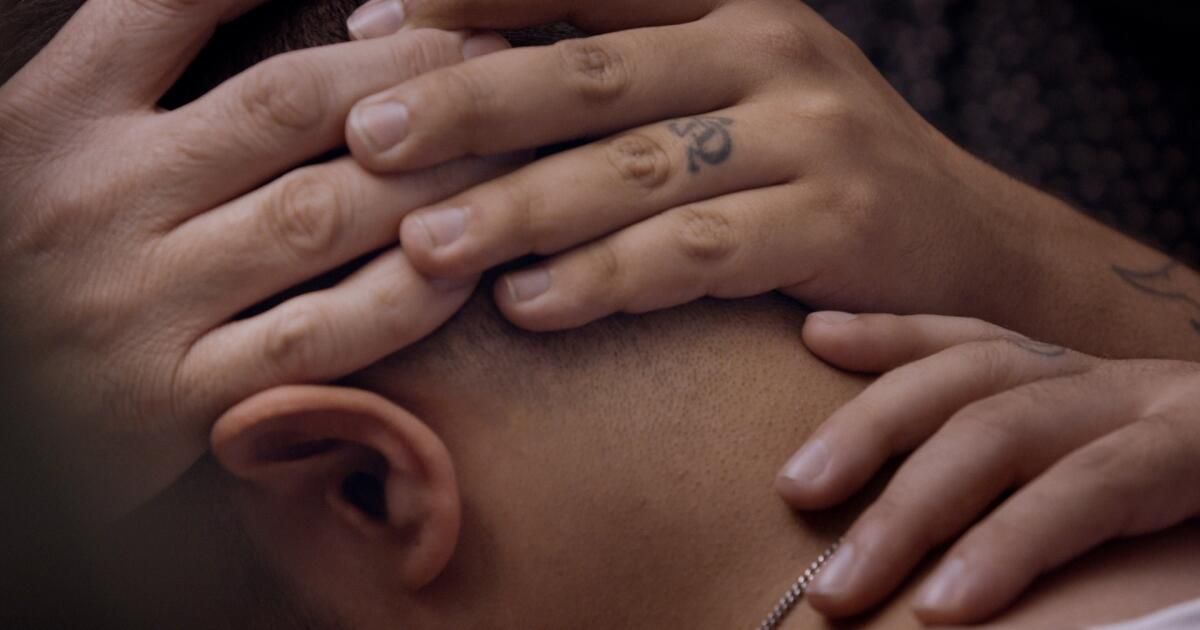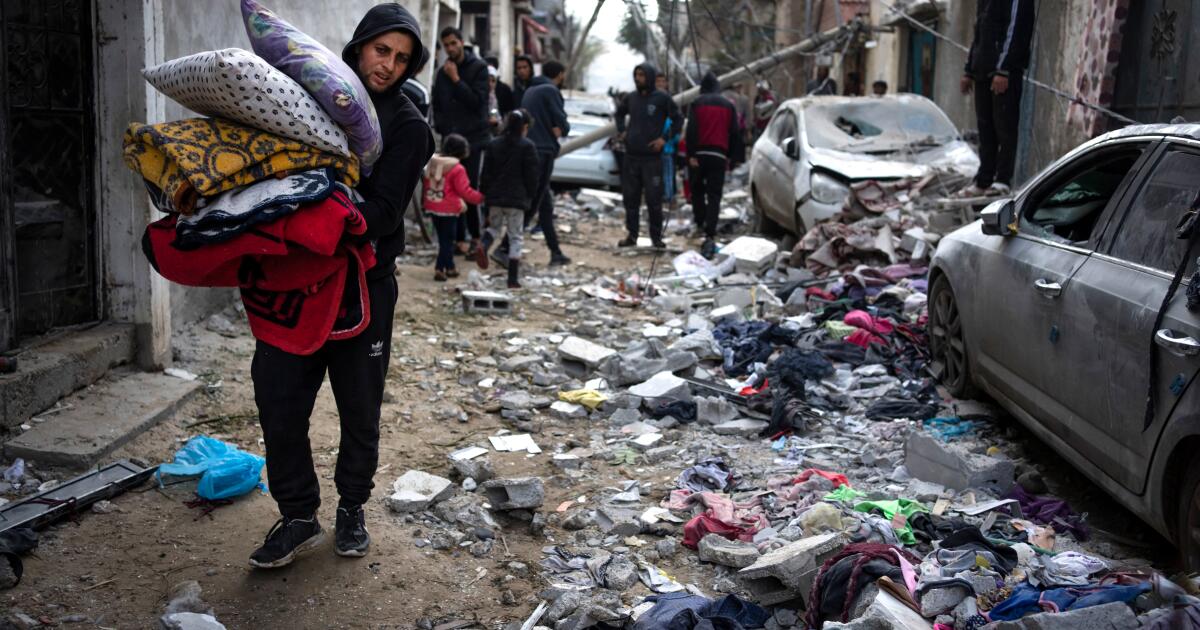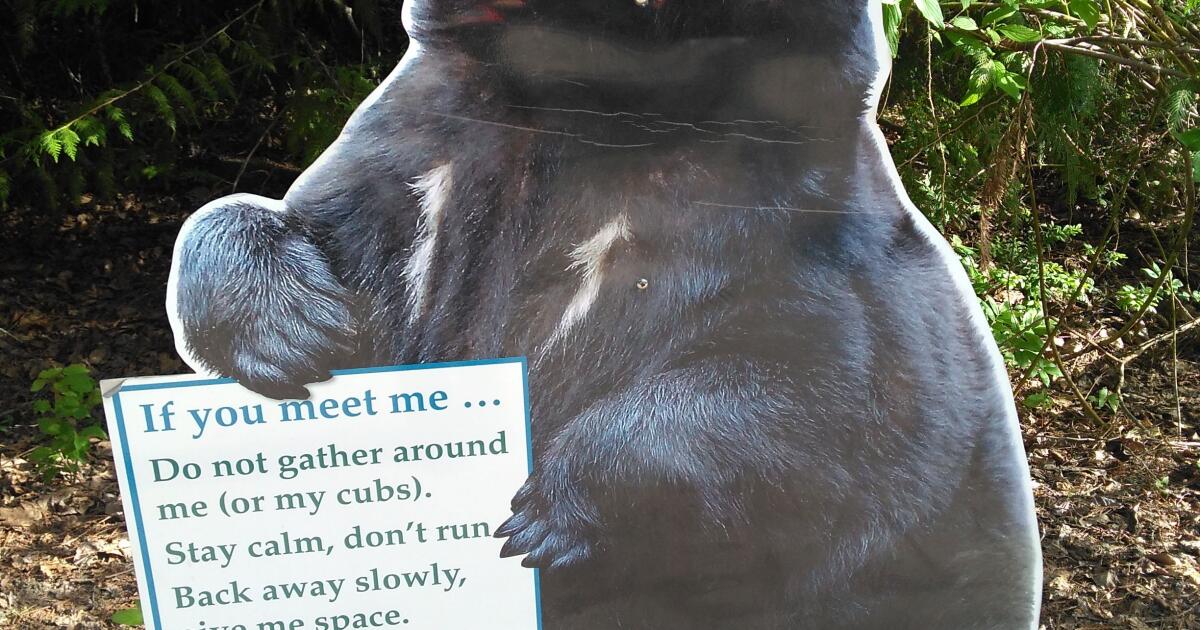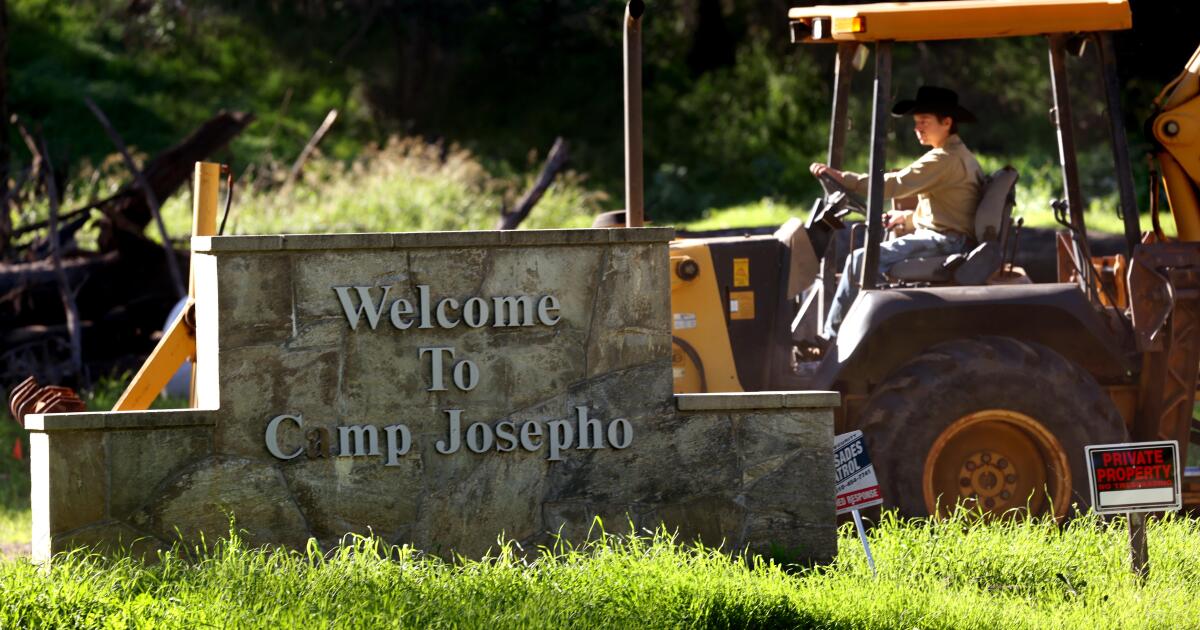I found it difficult to read the heartbreaking accounts of parents of gay children who are part of the Supreme Court case over bans on conversion therapy and free speech.
All claim that their family relationships were severely damaged by this widely discredited practice and that their children were permanently scarred or even driven to suicide.
The case, Chiles vs. Salazar, arose from a 2019 Colorado law banning conversion therapy, whose practitioners say they can change a minor's sexual orientation or gender identity to align with heterosexual and cisgender norms. Major medical and mental health organizations consider the therapy harmful and ineffective.
At least two dozen other states have similar laws, all of them good faith attempts to prevent the lasting harm that can result when a young person is told not only that can change who they are, but that they ought They change because God wants them to. The laws were inspired by the horrific experiences of gay and transgender youth whose families and churches tried to change them.
The case was brought by Kayley Chiles, a licensed counselor and practicing Christian who believes, according to her attorneys, that “people thrive when they live consistently with God's design, including their biological sex.”
Colorado, by the way, has never charged Chiles or anyone else in connection with the 2019 law.
Chiles is represented by Alliance Defending Freedom, a conservative Christian law firm known for its challenges to gay and transgender rights, including one brought to the Supreme Court in 2023 by Christian web designer Lorie Smith, who did not want to be forced to create a site for a gay wedding, even though no gay couple had approached her about doing so. The Court's conservative majority ruled in favor of Smith. The three liberals did not agree.
When it comes to conversion therapy, counselors often encourage clients to blame their LGBTQ+ identity on trauma, abuse, or their dysfunctional families. (If it can be changed, it can't possibly be innate, right?)
In oral arguments earlier this week, conservative justices appeared inclined to accept Chiles' claim that Colorado's ban on conversion therapy amounts to viewpoint discrimination, a violation of the First Amendment's free speech guarantees. The liberal minority was more skeptical.
But advocates of the bans say there is a big difference between speech and conduct. They argue that a therapist's attempt to change a minor's sexual orientation or gender identity amounts to conduct and can be legitimately regulated by states, which, after all, legally impose conditions on all types of licensed professionals. (The bans, by the way, do not apply to ministers or unlicensed practitioners, and generally do not apply to adults.)
Each short competition shook my emotions. The First Amendment is sacred in many ways, and yet states have a fundamental interest in protecting the health and well-being of children. How to find a balance?
After reading the brief submitted by a group of First Amendment scholars, I was convinced that the Colorado law should be declared unconstitutional. As they wrote about Chiles, she does not hook her clients up with electrodes or give them hormones, as some conversion therapy practitioners have done in the past. “All he does is talk and listen.”
Then I moved on to the parent reports.
Linda Robertson, an evangelical Christian mother of four, wrote that she was terrified when her 12-year-old son Ryan confided in her in 2001 that he was gay. “A paralyzing fear consumed me; it took away my appetite and my sleep. My beautiful son was in danger and I had to do everything I could to save him.”
Robertson's search led her to “therapists, authors, and entire organizations dedicated to helping kids like Ryan resist temptation and instead become who God intended them to be.”
Ryan was angry at first, but then realized, his mother wrote, that he “didn't want to end up in hell or be disapproved of by his parents and church family.” Their quest to straighten Ryan out led them to “fervent prayer, Scripture memorization, adjustments to our parenting strategies, conversion therapy-based books, audio and video recordings, and live lectures with titles like 'You Don't Have to Be Gay' and 'How to Prevent Homosexuality.'”
They also attended a conference organized by Exodus International, the “ex-gay” group that dissolved in 2013 after its former founder repudiated the group's mission and proclaimed that homosexuals are loved by God.
After six years, Ryan was desperate. “He still wasn't attracted to girls; all he felt was being completely alone, abandoned, and he needed the pain to end,” his mother wrote. Worse yet, he felt that God would never accept or love him. Ryan died at age 20 from a drug overdose after multiple suicide attempts.
As anyone with an ounce of common sense or compassion knows, such “therapy” is a recipe for shame, heartbreak, and failure.
Yes, there are children who question their sexuality, their gender identity, or both, and they deserve to discuss their internal conflicts with competent mental health professionals. I can easily imagine a scenario in which a teenager tells a therapist that they think they are gay or trans but don't want to be.
A therapist's job is to guide them through their confusion toward self-acceptance, not to tell them what the Bible says they should be.
If recent rulings are any guide, the Supreme Court is likely to overturn Colorado's ban on conversion therapy.
This would mean, in essence, that a therapist has the right to inflict harm on a child fighting in the name of free speech.
Blue sky: @rabcarian
Rags: @rabcarian












